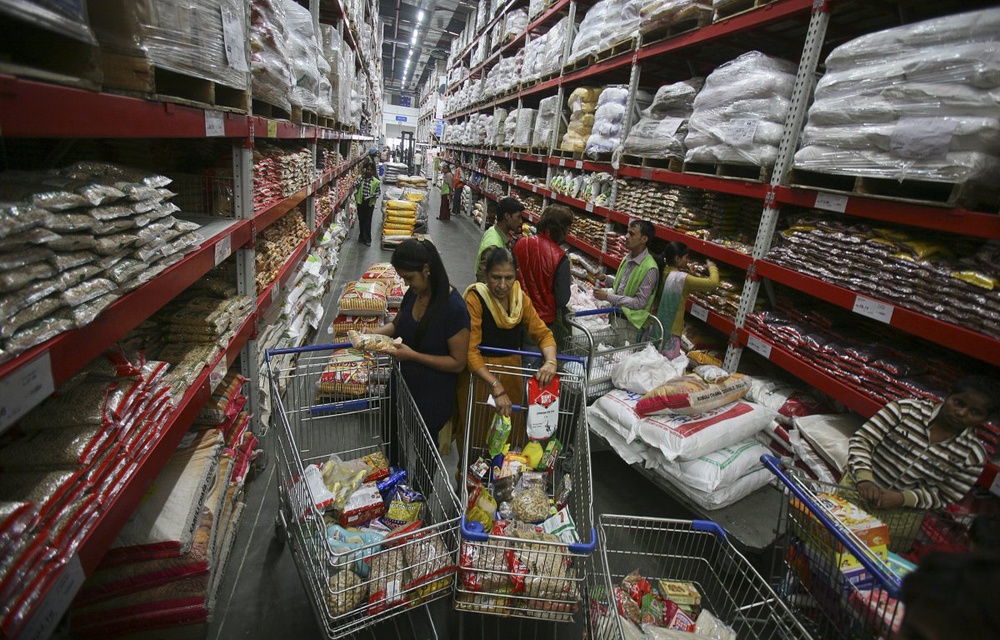
Supermarket chains in Argentina agreed to freeze their prices for 60 days in an attempt to rein in inflation, AFP reports citing officials. The move comes after the International Monetary Fund censured Argentina on Friday for failing to supply accurate economic data to measure inflation. The agreement between the government of President Cristina Kirchner and the Association of United Supermarkets -- which includes US-based Wal-Mart and France's Carrefour chain -- is retroactive to February 1 and extends to April 1. Official Argentine statistics are sharply different from those private sector economists issue. For instance, last month the government said that inflation in 2012 was 10.8 percent, while a group of private economists who collate their data put the rate at 25.6 percent. Buenos Aires benefits from understating the data because a large part of its sovereign debt is indexed to inflation. Customers have been complaining about the constant rise in the price of food staples. Economy Minister Hernan Lorenzino said Saturday that Argentina would start using "a new consumer price index to replace the current measure that has supposedly caused so many problems for the IMF," to start in the last quarter of 2013.





Supermarket chains in Argentina agreed to freeze their prices for 60 days in an attempt to rein in inflation, AFP reports citing officials.
The move comes after the International Monetary Fund censured Argentina on Friday for failing to supply accurate economic data to measure inflation.
The agreement between the government of President Cristina Kirchner and the Association of United Supermarkets -- which includes US-based Wal-Mart and France's Carrefour chain -- is retroactive to February 1 and extends to April 1.
Official Argentine statistics are sharply different from those private sector economists issue.
For instance, last month the government said that inflation in 2012 was 10.8 percent, while a group of private economists who collate their data put the rate at 25.6 percent.
Buenos Aires benefits from understating the data because a large part of its sovereign debt is indexed to inflation.
Customers have been complaining about the constant rise in the price of food staples.
Economy Minister Hernan Lorenzino said Saturday that Argentina would start using "a new consumer price index to replace the current measure that has supposedly caused so many problems for the IMF," to start in the last quarter of 2013.


 +7 (777) 001 44 99
+7 (777) 001 44 99















































